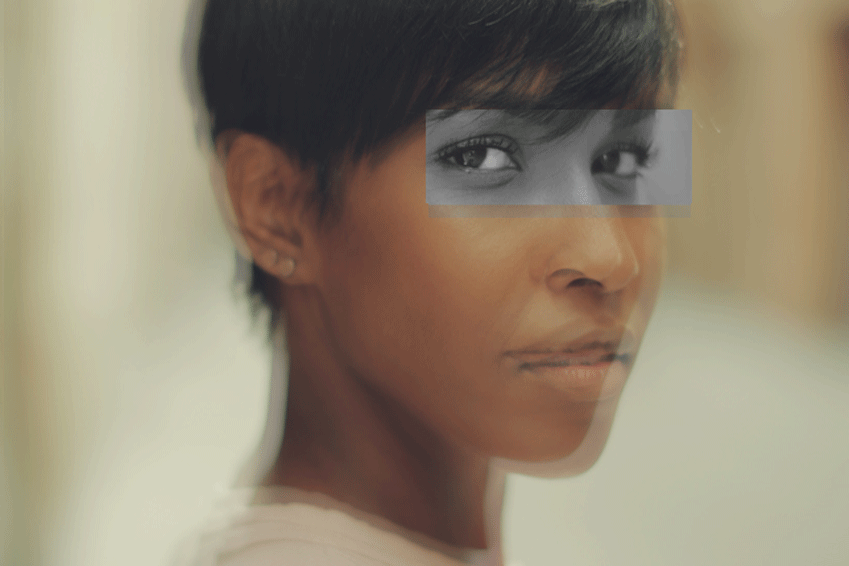Have you ever seen double? This can be a truly frightening experience, especially when it comes on “out of the blue”. The official name for this symptom is diplopia, and it can occur for a variety of reasons – some serious and some not so serious – but this is one condition you shouldn’t ignore.
What is diplopia and how should you handle it?
Diplopia is the medical term for double vision. Instead of seeing a single image, the brain sees two. The second image may appear to the side of the first or may occur above or below it. Double vision or diplopia can occur in one eye, both eyes – it may occur briefly and then resolve, or be more persistent.
Obviously, safety issues, especially in a moving vehicle, athletic activities, social interactions and more can be affected by this condition. The costs can be high – it can even cost you your life.

Transient Diplopia or Double Vision
Some people experience very brief episodes of double vision that completely resolve and may not be of clinical significance. Transient diplopia can be caused by medications – particularly drugs used to treat seizures, antidepressants, and sleep medications.
People who experience a firm bump on the head often briefly report diplopia, especially if there’s a concussion. Alcohol and mood-altering drugs also cause transient diplopia. Even excessive fatigue can cause transient double vision that goes away with a good night’s sleep.
Occasionally, transient diplopia can be more serious – especially if it comes back again. People who have a disease called myasthenia gravis often experience double vision when their eyes tire – due to weakening of the eye muscles. Other more serious causes of double vision are TIA’s or mini-strokes. This is why even transient diplopia needs a medical evaluation.
Unilateral Diplopia
This is double vision that only involves one eye. If one eye is covered, the double vision resolves. Unilateral diplopia can be caused by a variety of structural problems involving the eye or can come from an eye injury, a foreign body in the eye, a cataract, or even irritation from a contact lens. It can also come from an uncorrected astigmatism. These are all good reasons to visit your eye care professional immediately.

Diplopia Involving Both Eyes
Binocular diplopia is double vision that occurs when both eyes are open. If one eye is closed, the double images are no longer seen. This type of double vision is more likely to come from serious brain-related issues such as an intracranial aneurysm or a brain hemorrhage – especially if the symptoms come on suddenly. In rare cases, it can be due to a brain tumor.
Poorly controlled diabetes and thyroid disease can cause double vision that involves both eyes. Multiple sclerosis is another not infrequent cause of double vision.
The Bottom Line?
Diplopia is a symptom that needs prompt medical evaluation – especially if it comes on suddenly. Double vision can come from something as simple as fatigue or contact lens irritation to something as serious as a brain aneurysm. This is one condition you just don’t want to ignore.



